Volunteers are the heart of Rally's mission!
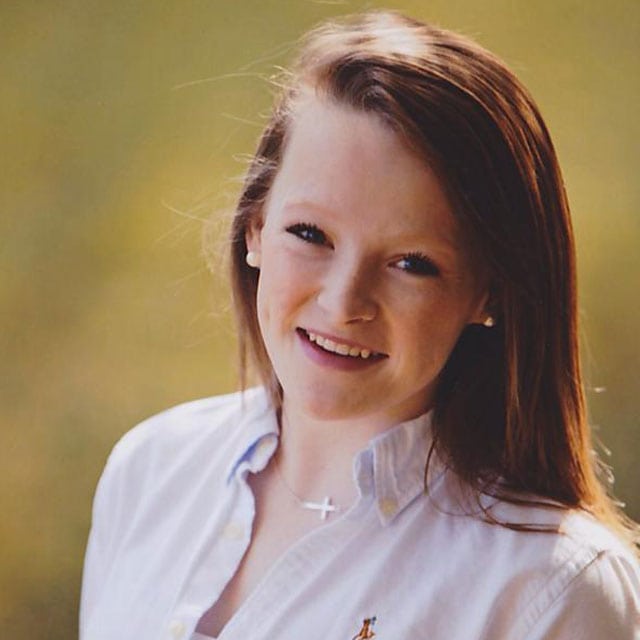
Rally Kid Madeline was 13 when large bruises began to appear on her legs. Her parents took her in for bloodwork, which led to a diagnosis of CML.
Chronic myeloid leukemia (CML) is a type of blood cancer that causes an overproduction of white blood cells. These cells grow abnormally and can build up in the blood and bone marrow, leaving less room for healthy white and red blood cells as well as platelets. CML is commonly associated with a genetic mutation called the Philadelphia chromosome.
While CML is very rare in children, with about 150 pediatric cases in the U.S. each year, it’s often more aggressive in kids than it is in adults. CML accounts for 2% of leukemias in children under 15 years and 9% in those 15-19 years old.
CML is a lifelong cancer, and there is no known cure—yet. But drug development has made CML a ‘manageable’ cancer for most.
Signs and Symptoms of CML
Like many childhood cancers, CML symptoms can vary depending on the phase of the disease. Anemia, infections, fevers, fatigue, bruising, swelling or feelings of fullness, bone pain and weight loss can all be signs.
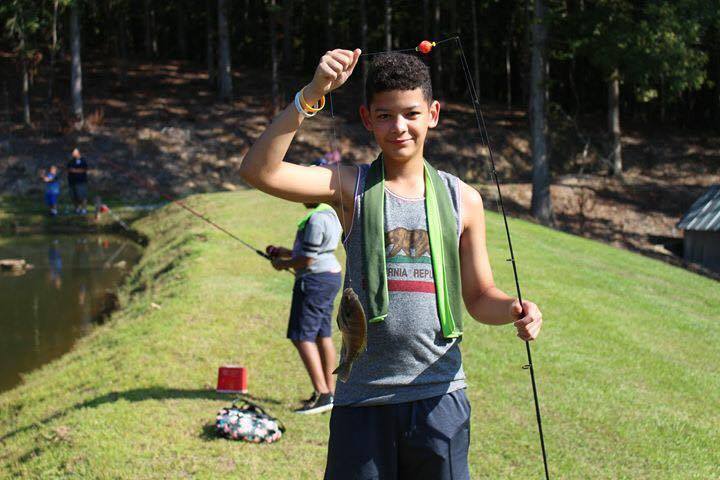
Rally Kid Keelen’s CML diagnosis came unexpectedly after a routine eye appointment. The optometrist noticed white spots in the 15-year-old’s eyes that turned out to be an accumulation of white blood cells.
However, unlike other cancers, CML usually progresses slowly. Symptoms can take months, or even years, to develop. Oftentimes, there are no real indicators prior to the disease being discovered by a blood test or imaging scan.
CML Prognosis and Treatment
The five-year survival rate for pediatric CML is 90%. Children and adults are not cured of CML, but they can live full lives if their disease responds to targeted therapy.
The treatment of CML depends on the cancer’s progression and the prevalence of cells, as well as the child’s age, health and organ function. Though CML may present differently in kids compared to adults, there is not yet a standard protocol for pediatric CML.
Following the current adult guidelines, doctors initially prescribe a targeted oral chemotherapy—known as a tyrosine kinase inhibitor or TKI—to slow the production of the cancer cells. If and when remission is achieved, the child will continue using TKIs and undergoing regular bloodwork to make sure the cancer cells do not reactivate.
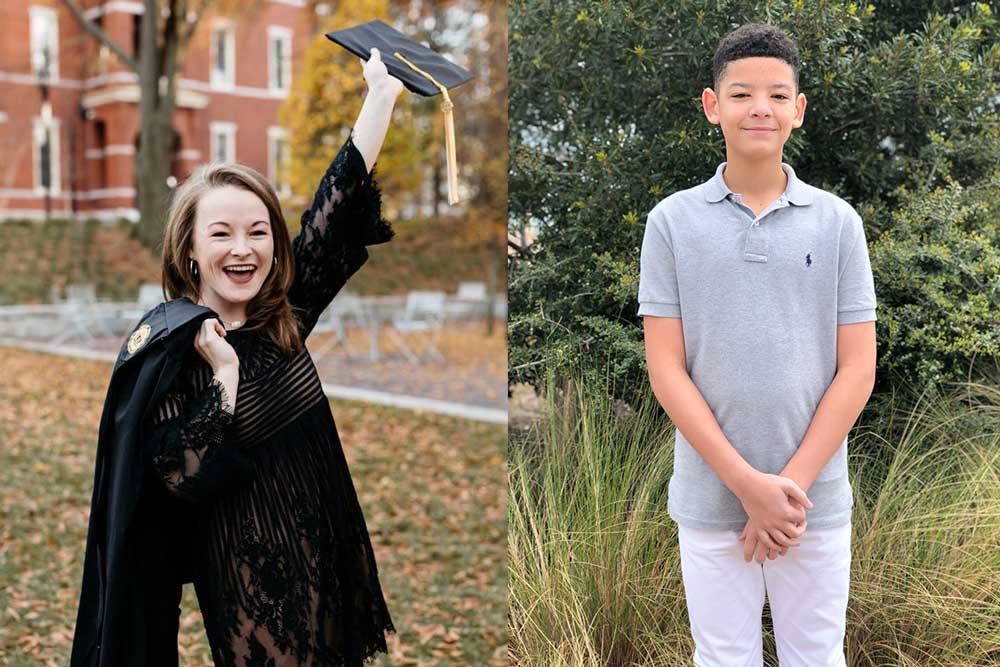
To stay in remission, Madeline and Keelen must take oral chemotherapy every day—or until a better option is discovered.
If TKIs are not effective, doctors may suggest a different chemotherapy—previously the first line treatment—or even a stem cell (bone marrow) transplant in unique cases.
When asked about the challenges of treating CML, Dr. Olatundun Williams said, “We still need good predictive models, algorithms and biomarkers that can help us identify which patients are at greatest risk of disease progression or relapse.”
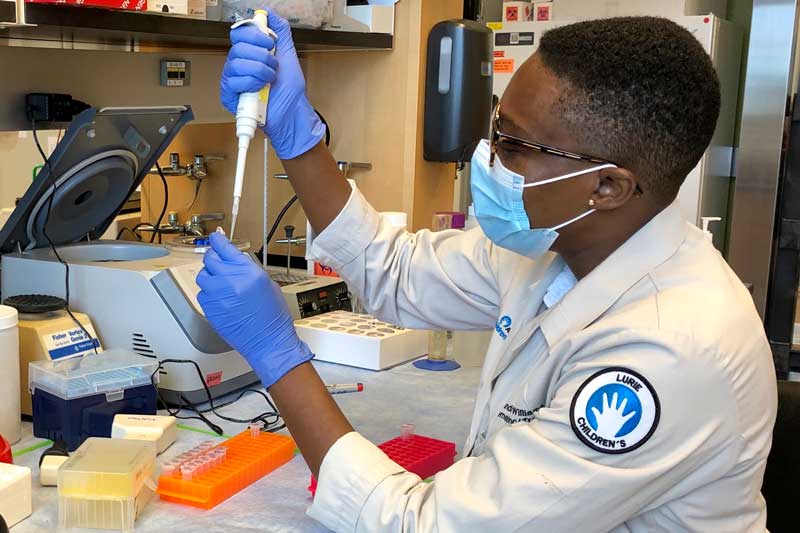
Dr. Williams, Rally-funded Researcher, Attending Physician at Lurie Children’s Hospital of Chicago and Instructor of Pediatrics at Northwestern University
Recent Advancements in CML Treatment
Despite the increase in survival rates, there is a long way to go in the treatment of CML—especially for children. Since CML is much rarer in kids than adults, clinical trial data in children and adolescents is lacking, and the management regimens of pediatric CML are not as established as they are for adults.
“TKI discontinuation trials for children are underway,” said Dr. Williams, “and these trials will help us determine which pediatric patients can safely stop their TKI while remaining in disease remission.”
Rally Kid Madeline initially felt TKIs were a “magic bullet” medication—especially compared to other cancer treatments—but she worries about the long-term effects on her body.
Madeline shared, “I remember learning there were trials of people coming off TKIs after two years of consecutive negative BCR-ABL1 results, so I really set my sights on that. I knew that would be my ultimate goal, but unfortunately, I haven’t hit that point yet.”

Now a young adult and newlywed, Madeline is hopeful she can discontinue taking TKIs before starting a family.
Join the Fight Against CML
Dr. Williams recommends that families of CML patients ask their own doctors about clinical trials. “These trials can advance our understanding of CML,” she explained, “and may lead to improved treatments for your child and other children in the future.”
In order to fund the CML research needed for these clinical trials, we need your help.
By donating to Rally Foundation, you’ll help researchers like Dr. Williams find better treatments for kids like Madeline and Keelen. Together, we can make a difference for all their futures.
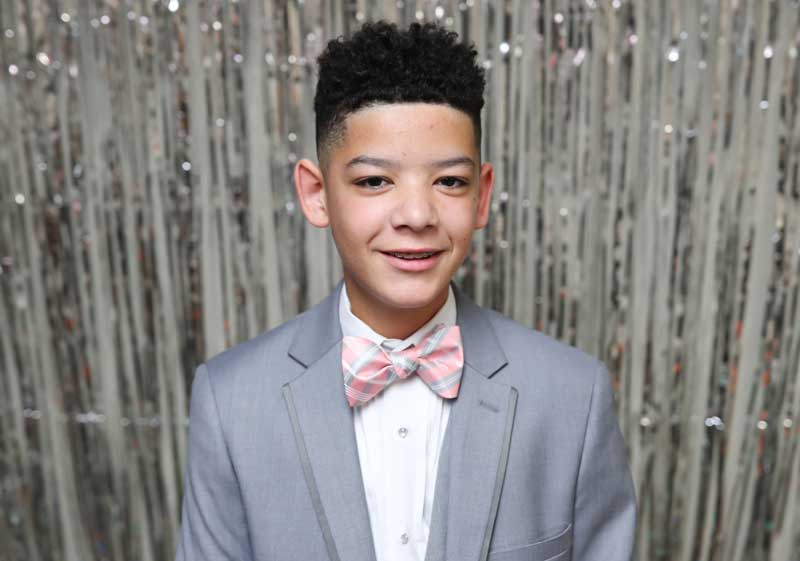
Kids like Keelen shouldn’t have to face a lifetime of chemo pills. Please give today to help us find better, safer treatments.
0 Comments
Trackbacks/Pingbacks